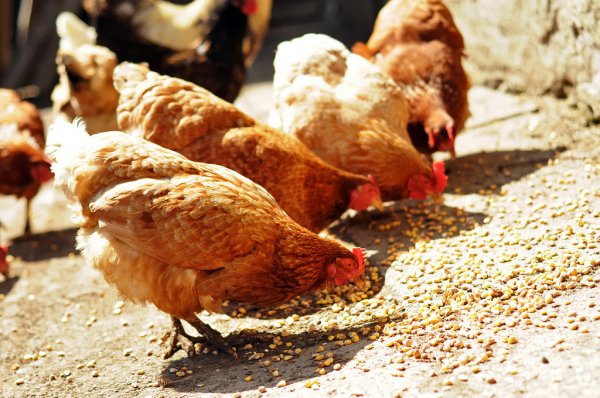What are the different types of the best chicken feed?
Whether you are the owner of a poultry farm or you are just a beginner in this business, it is not an easy task to know about the meaning of the different varieties of chicken feed.
If your chickens are eating the best chicken feed, they will be healthy and lay lots of eggs. Otherwise, eating the wrong feed has a big effect on their health and the quality of the eggs.
This article will show you some basic information in order to help you find out the perfect feed for your flock.

#1 Mash
Basically, the mash can know as a loose and unprocessed feed. By its texture, the mask is usually used for chicks because it is easy to digest, however, adult chickens can eat mash as well. The down point is that using these types of chicken fees can lead to an increase in incidental waste.
#2 Pellets
Pallets are the most common types of chicken feed on the marketplace because of some reasons: they are easy to manage, store and serve. They are produced by crush up ingredients into small pieces than make them into pelletized form. They hold their shape so they easy to use and decreased waste.
Compare the prices of a common seed to compare prices between seed banks.
#3 Crumbles
Crumbles are not as compact as pallets, they are pallets that have been reducing to a smaller size. They are also not as loose as mash, so they are easier to manage than mash. But using crumbles instead of mash or pallets not make a big difference to your chicken’s health.
#4 Fermented
In order to improve the content of vitamin and enzyme in your chicken’s food, using fermented is the good ideal. You can ferment your own chicken feed by mix any type of chicken feed with water and allowed them to ferment naturally.
This method will help the feed easier to digest and also neutralizing toxicity in food as well.
Note: Whatever type of chicken feed you choose, it is ideal if you use the best chicken feeders to store chicken food. This tool will help you not to clean up many chicken feed leftovers and it also helps chickens reduce the number of diseases caused by soil-borne infections.